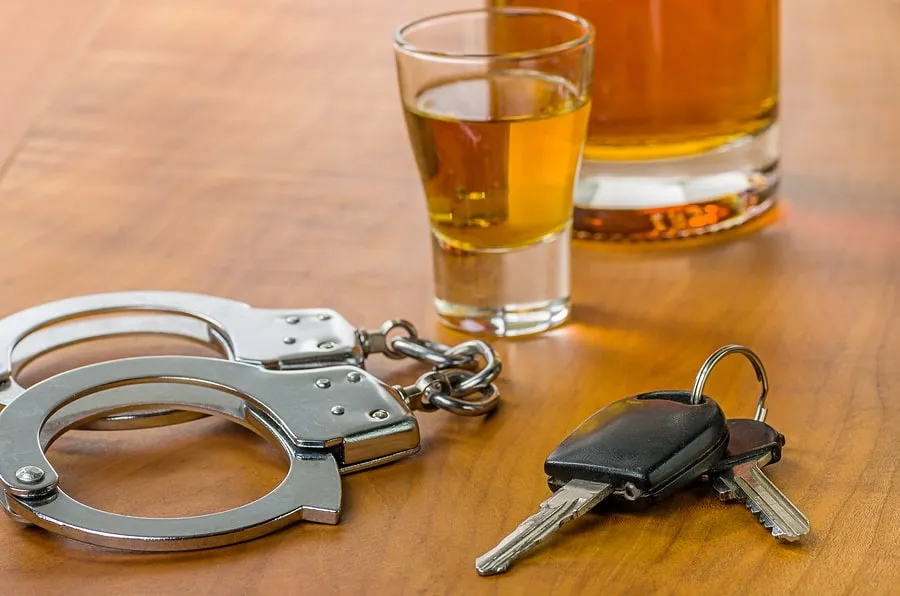 What is the best way to stop a drunk driver? If you ask law enforcement officers or Mothers Against Drunk Driving (MADD), they’ll tell you that an ignition interlock is the only way to stop a drunk driver from driving their vehicle. Now AAA Idaho has joined in that line of thinking, and they’re coming out in support of ignition interlocks too, with the hope that their support will entice state lawmakers into passing an all offender ignition interlock law.
What is the best way to stop a drunk driver? If you ask law enforcement officers or Mothers Against Drunk Driving (MADD), they’ll tell you that an ignition interlock is the only way to stop a drunk driver from driving their vehicle. Now AAA Idaho has joined in that line of thinking, and they’re coming out in support of ignition interlocks too, with the hope that their support will entice state lawmakers into passing an all offender ignition interlock law.
Idaho does require ignition interlocks for first time offenders, but they are only required if the offender obtains a restricted license after a thirty day driver’s license suspension and for first time offenders who are arrested with a blood alcohol concentration (BAC) of 0.20 or higher. The fact that Idaho doesn’t have a mandatory ignition interlock law for first time offenders arrested with a 0.08 BAC could be why the state is seeing an increase in drunk driving crash fatalities. AAA stated in a recent article that the number rose by 20.8 percent in 2015.
What AAA Idaho wants to see is an all offender ignition interlock law that will require any offender to use an interlock device in any vehicle they drive, and they’d also like anyone who refuses to submit to breath, blood, or urine testing when suspected of drunk driving to have to install the device too.
If Idaho does decide to pass an all offender ignition interlock law, they’d be joining in with many others states who have come on board and are now requiring the device for every single drunk driving offender. That’s a good thing, because according to MADD drunk drivers have no problem continuing to drive on a suspended license. When you realize that nearly sixty to eighty percent of drivers ignore their suspension, you also realize that there’s a lot of drivers who will be stopped cold if they were required to install an ignition interlock.
